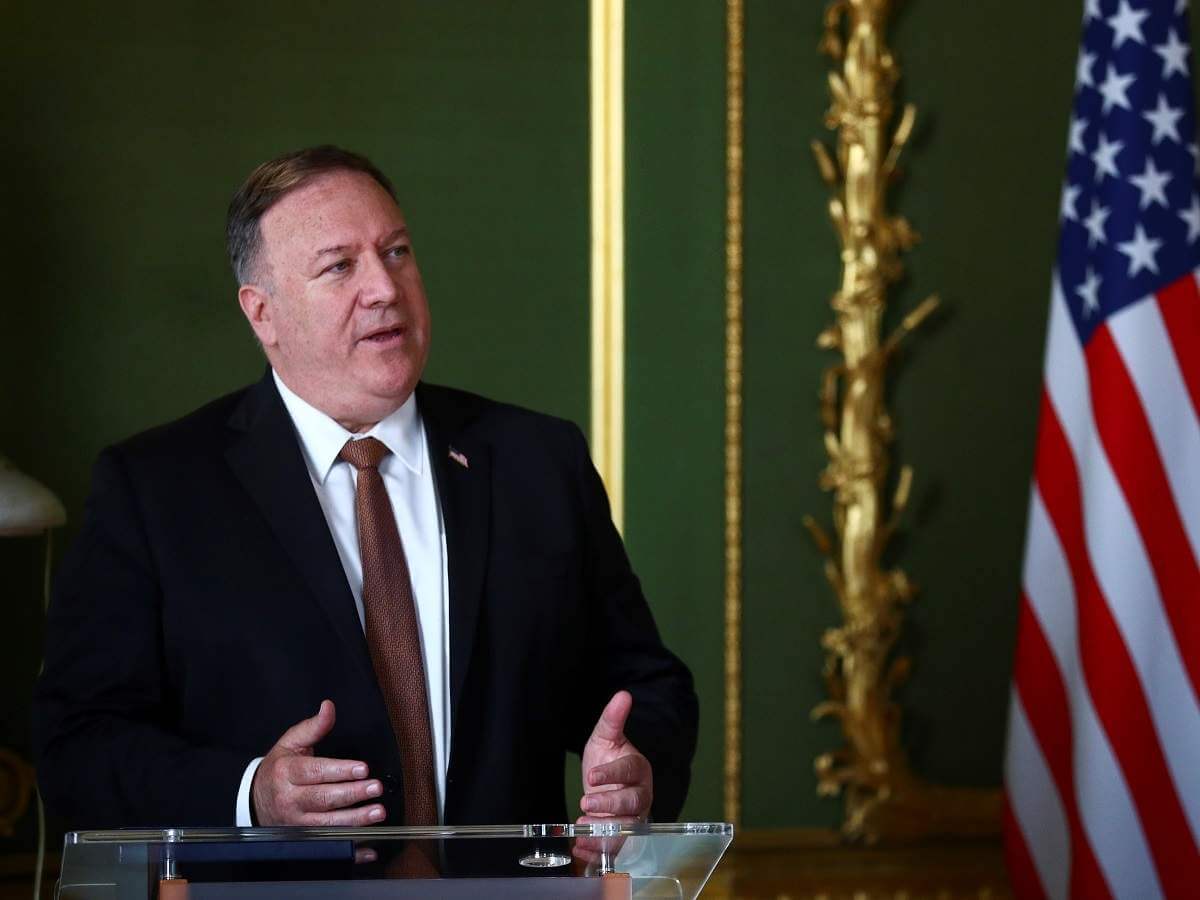United States (US) Secretary of State Mike Pompeo is due to visit East Asia, with stops in Japan, Mongolia, and South Korea next week to solidify ties with the US’ regional allies amid worsening relations with China.
The trip, scheduled from 4-8 October, will be Pompeo’s first trip to the region since his last visit in 2019. According to the US State Department, he will land in Japan first, will then spend a day in Mongolia, and then travel on to South Korea for the last two days of his tour. The visit comes not only amid one of the tensest times for US-China relations, but also in the run-up to a crucial presidential election, with President Donald Trump seeking a second term in office. Taking a tough approach to China and North Korea has been an important point on Trump’s foreign policy agenda throughout his presidency, with COVID-19 only fueling these rifts even further. It is, therefore, no surprise that Pompeo’s visit is expected to focus heavily on those two nations.
As part of his itinerary, Pompeo will meet with his counterparts from the “Quad” group of nations—Japanese Foreign Minister Toshimitsu Motegi, Indian Minister of External Affairs S. Jaishankar, and Australian Foreign Minister Marise Payne—on 6 October in Tokyo “to discuss issues including the coronavirus pandemic and the regional situation”. It will be the first high-level foreign leaders meeting hosted by Japan since the beginning of the pandemic, but also since new Prime Minister Yoshihide Suga came into office.
The Quad is widely being seen as a regional framework committed to stepping up cooperation to counter Chinese aggression. Apart from its vociferous criticism of Beijing for its mishandling of the coronavirus outbreak and its human rights violations in Xinjiang, the US has also been stern against increasing Chinese belligerence in the South China Sea, and along its border with India. In recent months, Pompeo has led the Trump administration’s international campaign to isolate China and its 5G technology as well. China, for its part, has vehemently rejected both the Quad’s “Indo-Pacific strategy” and the US’ criticisms, instead blaming the latter for threatening peace and stability in the broader Indo-Pacific region.
“It is timely that foreign ministers of the four nations who share the same ambitions over regional matters exchange views over various challenges,” Japanese Foreign Minister Toshimitsu Motegi told reporters on Tuesday. “The Free and Open Indo-Pacific vision is increasingly important in the post-COVID-19 world so we would like to confirm the importance of further deepening the collaboration among us and many other countries to realize the vision,” he added.
Pompeo to Visit East Asia Next Week for Talks on China and North Korea
He will visit Japan, Mongolia, and South Korea to solidify ties with the US’ regional allies amid worsening relations with China.
September 30, 2020

US Secretary of State Mike Pompeo. SOURCE: TIMES OF INDIA
